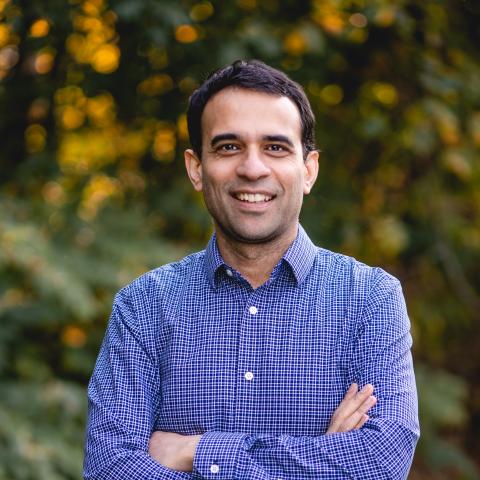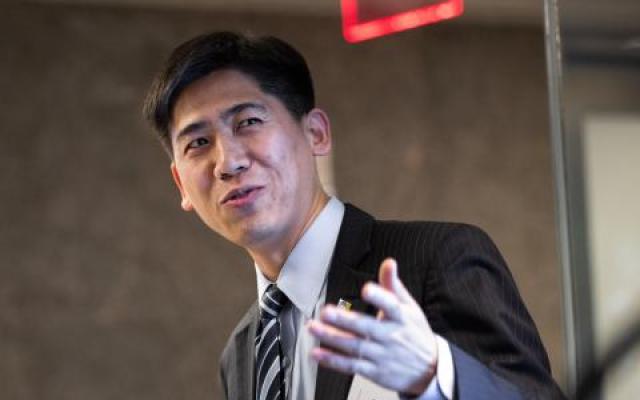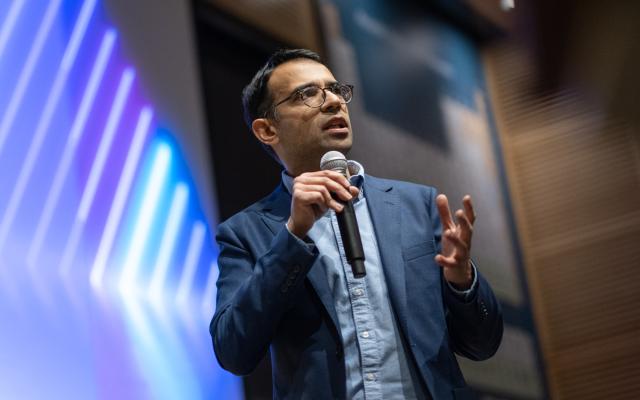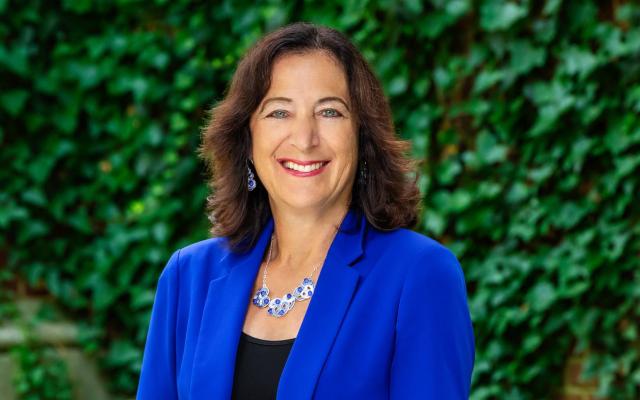
Manish directs Keller Center's Design for Impact Program for faculty in the humanities and social sciences. He was previously the James Wei Visiting Professor at Keller, where he taught idealism in entrepreneurship. Manish is the CEO and co-founder of Innovators In Health, which is devoted to delivering world-class healthcare to the rural poor in India. Manish is also a Fellow of the Dalai Lama Center for Ethics and Transformative Values at MIT. Manish believes that a venture to make the world more just is fundamentally a moral, not technical, undertaking. It requires cultivating a moral imagination, an ability to imagine why people do right or wrong, the root of empathy, itself the root of all enduring change. He believes that accompaniment, to stand with the marginalized, literally and figuratively, is a moral imperative, and in and of itself a powerful means of change.
What will students be able to take away from your classes?
I will teach Entrepreneurship for the Idealist. Students and youth feel an unmatched urgency to fight injustice. Their idealism is uncircumscribed. Those who want to start ventures to make the world more just – anything from a healthcare product to reducing neonatal mortality to helping migrant workers – will learn how to do so. We will also spend time understanding the historical roots of injustice, deconstructing and challenging a lot of current social venture thinking, and learning to empathize not just with the oppressed, but also the “oppressor.”
What are your responsibilities at the Keller Center?
Aside from the class, I will be available to help students who want to start social-justice ventures.
What attracted you to the Keller Center?
The Center is deeply committed to positive societal change. Not as an adjunct, but as a central theme. That is rare in entrepreneurial ecosystems. It is a venue to help young people find purpose and meaning. And, of course, my colleagues (more below).
What do you appreciate most about the Keller Center?
I have fantastic colleagues – there is nothing like being in the company of fellow idealists. There is no one path to positive societal change, and we will disagree on the best approach. But our goal is the same. Our measure for ventures is not merely revenue or the size of impact. I am confident that it will also be about who is served, how they are served, and the culture of the venture.
We know capitalism exacerbates injustice and inequality worldwide. So how can we fix it? Professor and social entrepreneur Manish Bhardwaj thinks we need to integrate "moral clarity" -- which he defines as "doing the right thing because it is right, and not from fear of sanction or in expectation of reward" -- into society at a foundational level. In this practical talk, he explains how to use the language of moral clarity as a compass for organizations, communities and our personal lives -- and how it could help create a more just world.
View Manish's TED2022 talk: A moral blueprint for reimagining capitalism [14:13]



